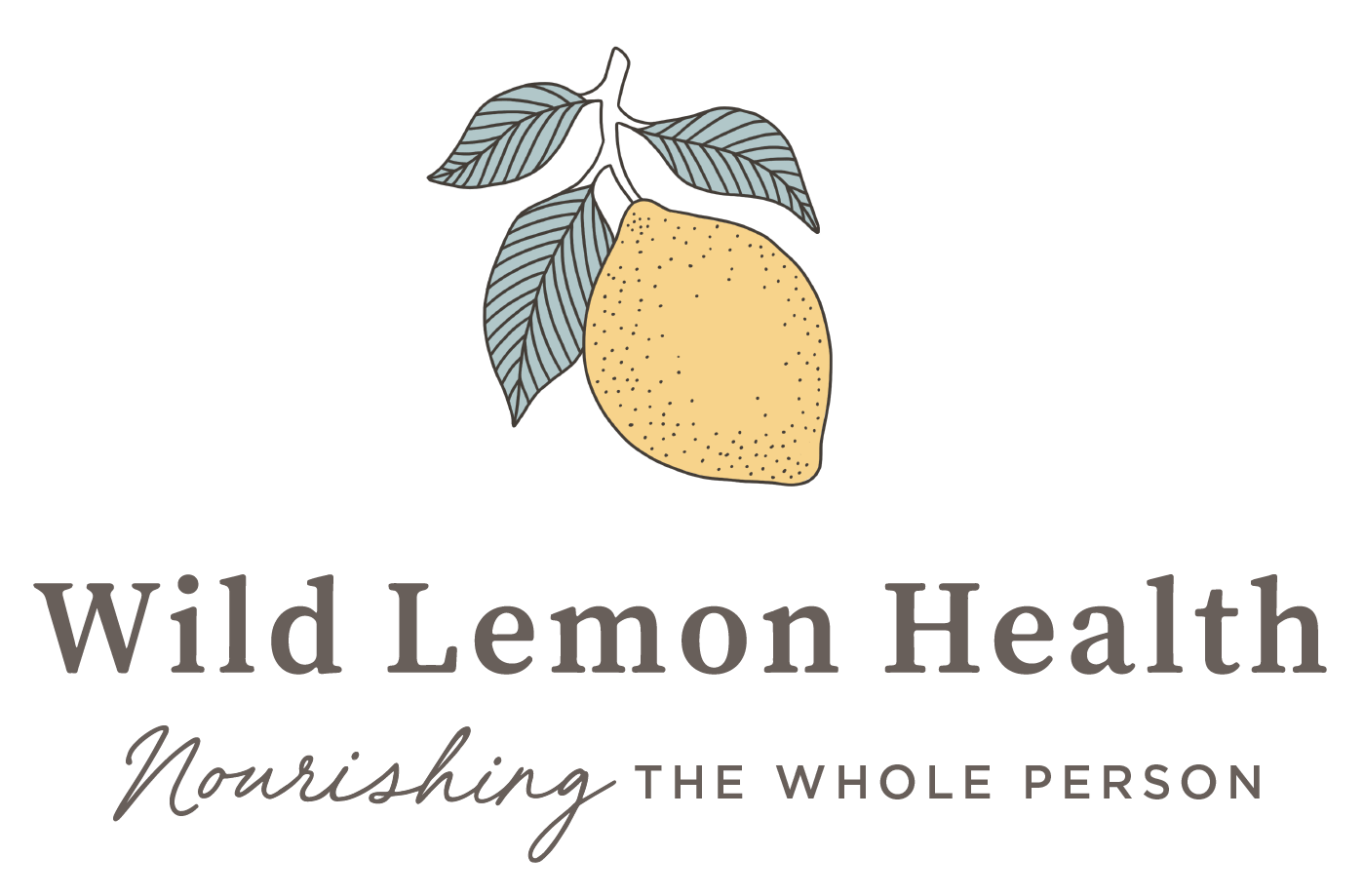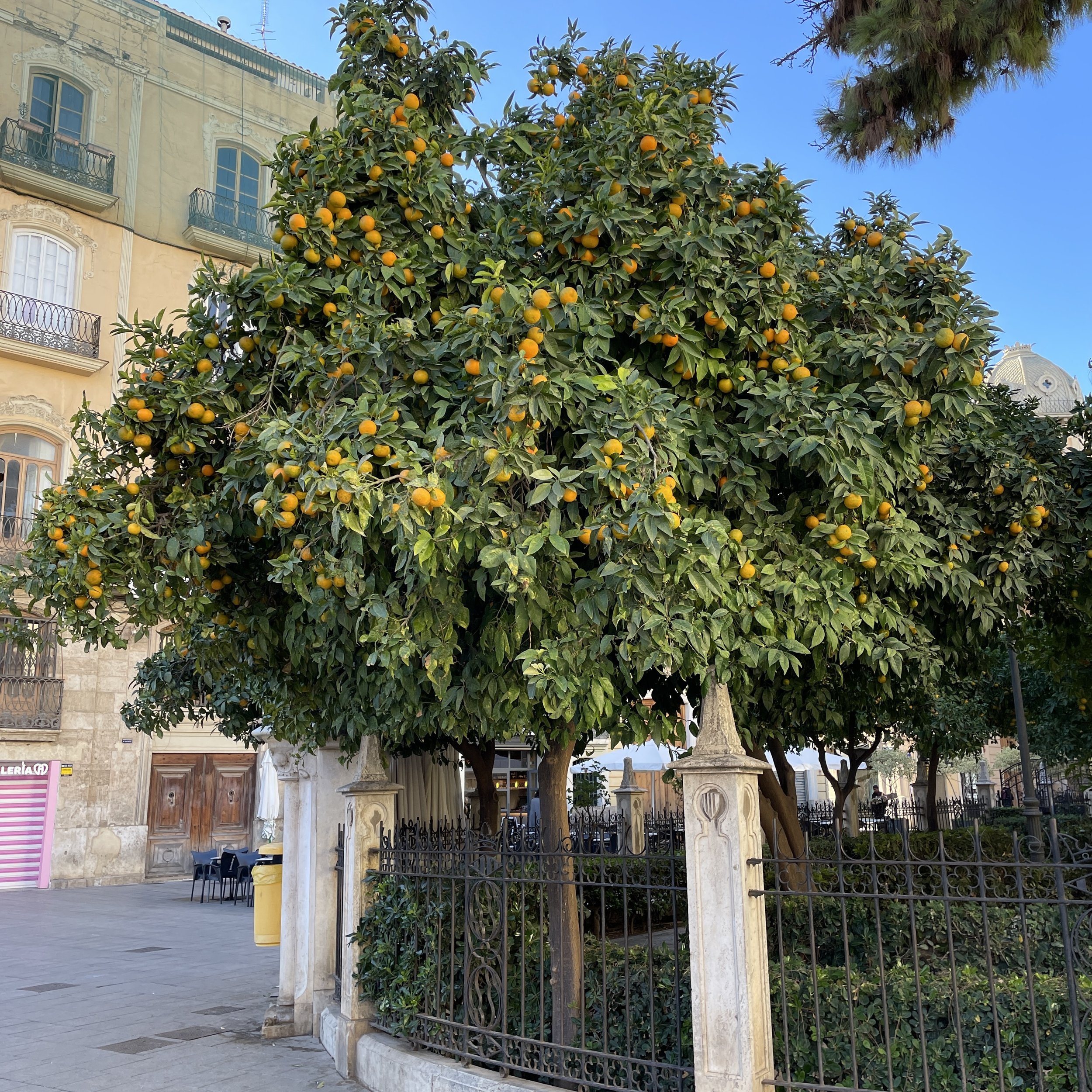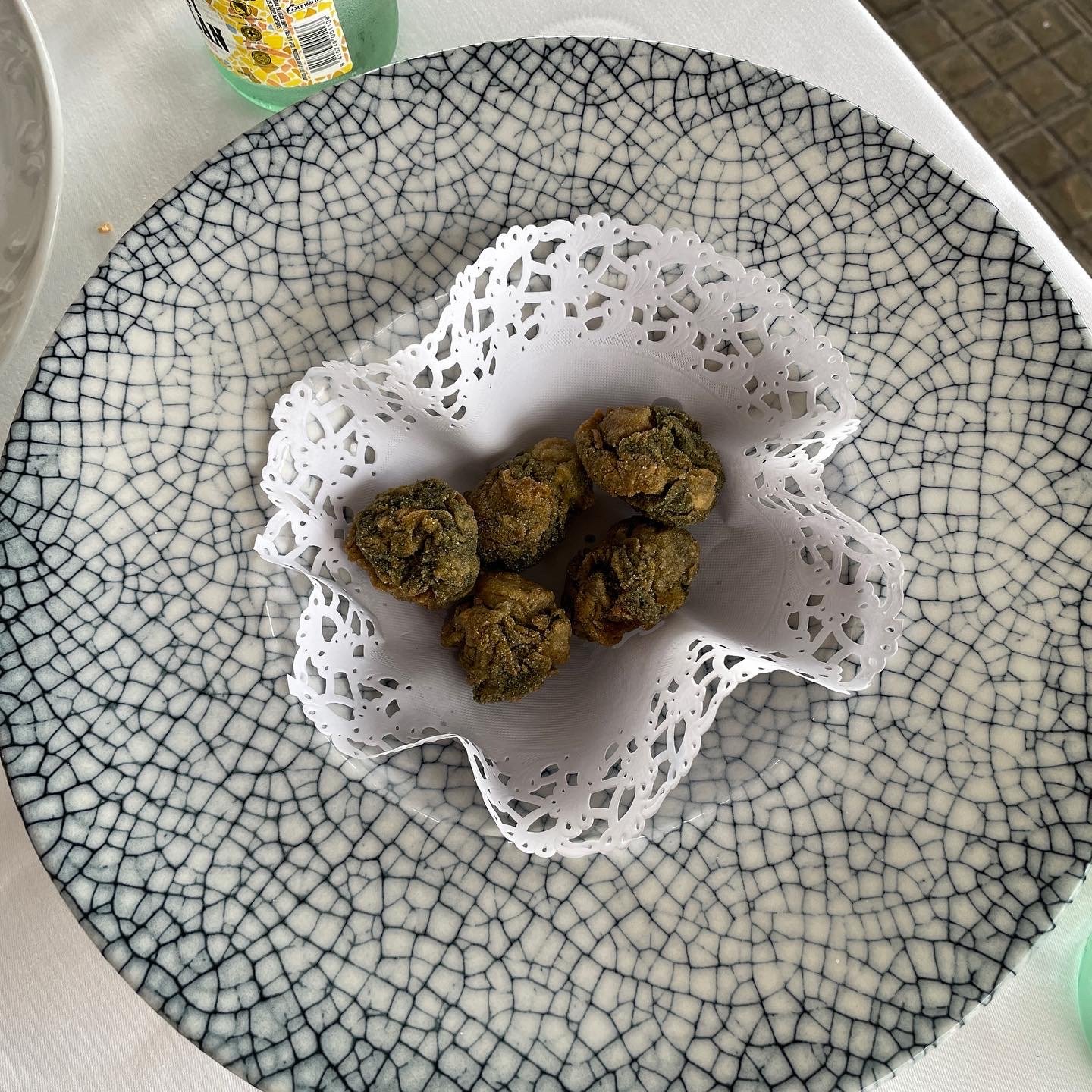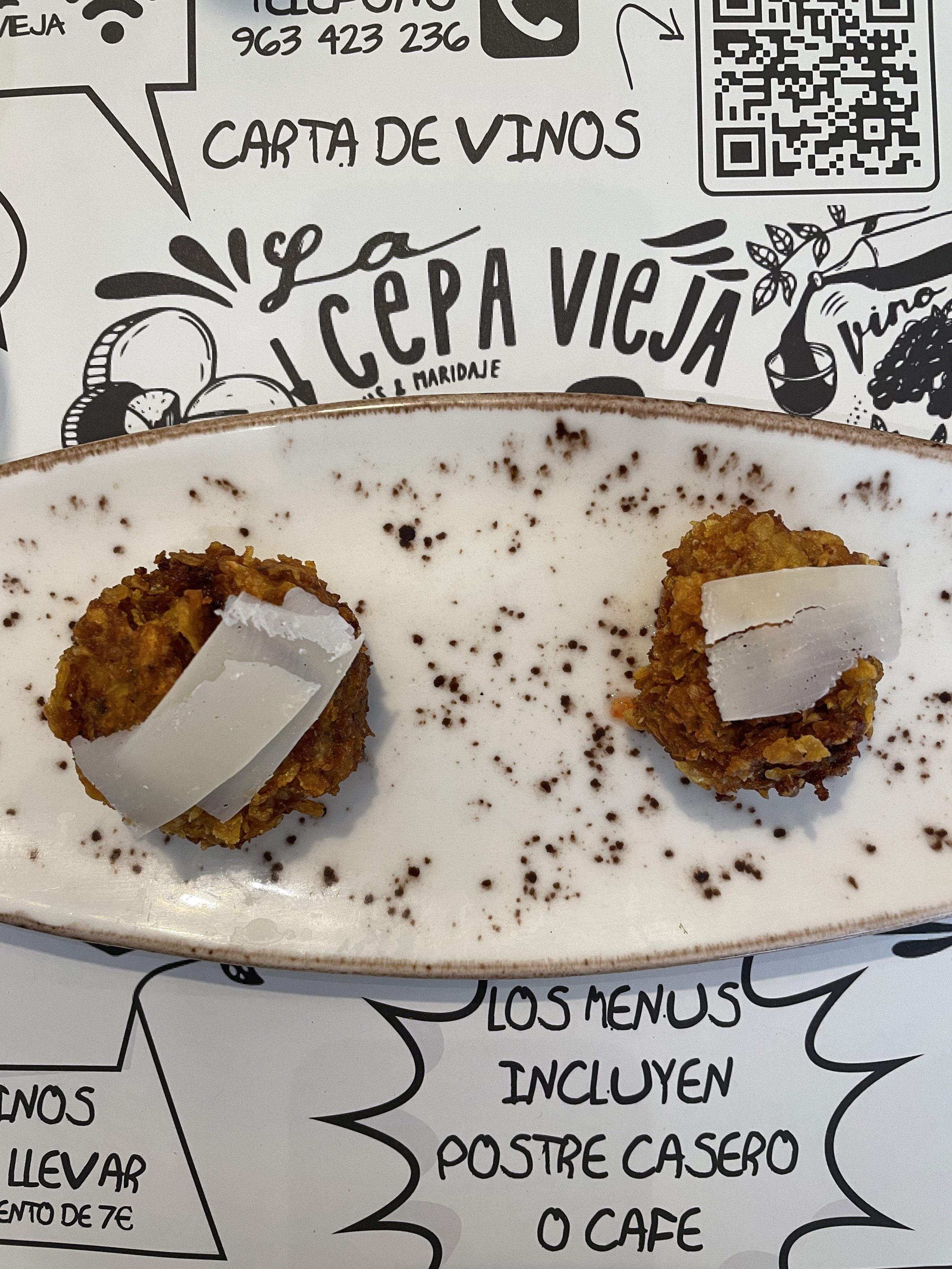Lessons from the Mediterranean
I spent the majority of November in Valencia, Spain immersing myself in the Mediterranean. I was scheduled to teach a workshop for clinicians on the evidence for this eating pattern and how to implement it into practice in December and I had the wild idea that getting a feel for it was important. That tasting, hearing, smelling and experiencing the day to day would help ground the science and start to give hints at the intangible quality around this lifestyle.
As the year begins afresh, I thought I’d offer what take-homes I took after my study, immersion and teaching and my reflections on travel and this amazing part of the world.
An intangible cultural heritage of humanity
I knew that UNESCO had named the Mediterranean diet an intangible cultural heritage of humanity before I left. Yet, one of the side trips we did was to an area that has one of the highest concentrations of 1000 year old olive trees. This brought it alive. At the heart of the Med diet definition is an emphasis on traditional production–on a reverence and respect for artisan knowledge and how a seasonal rhythm is reflected in the harvest and the creation of a delicious food product.
To stand in the midst of olive trees that were planted by the Romans and still produce olives today gave a whole new meaning to traditional production. I like to think when we eat olive oil we’re dipping a toe into this long history, even if our olive trees are much younger!
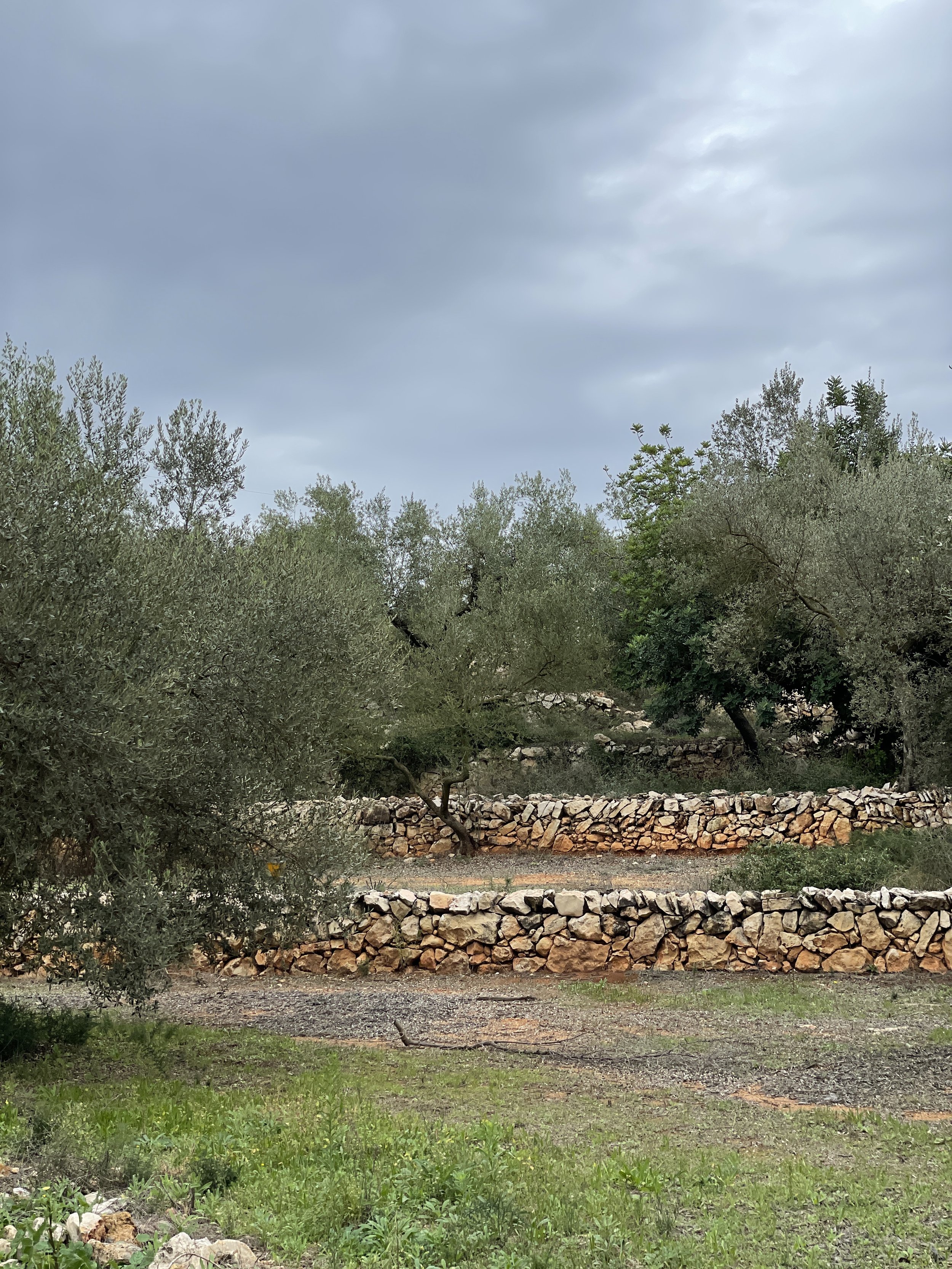
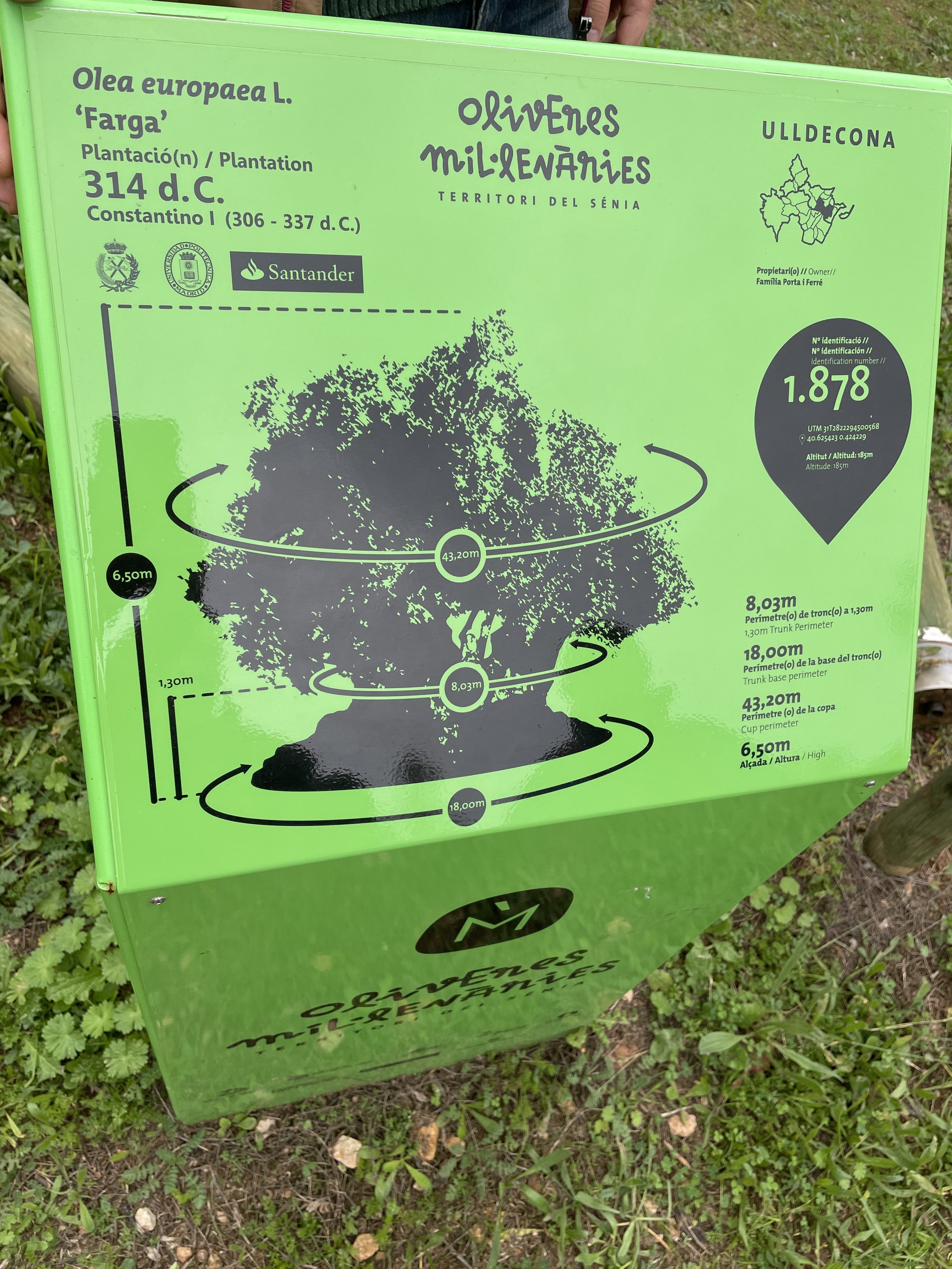
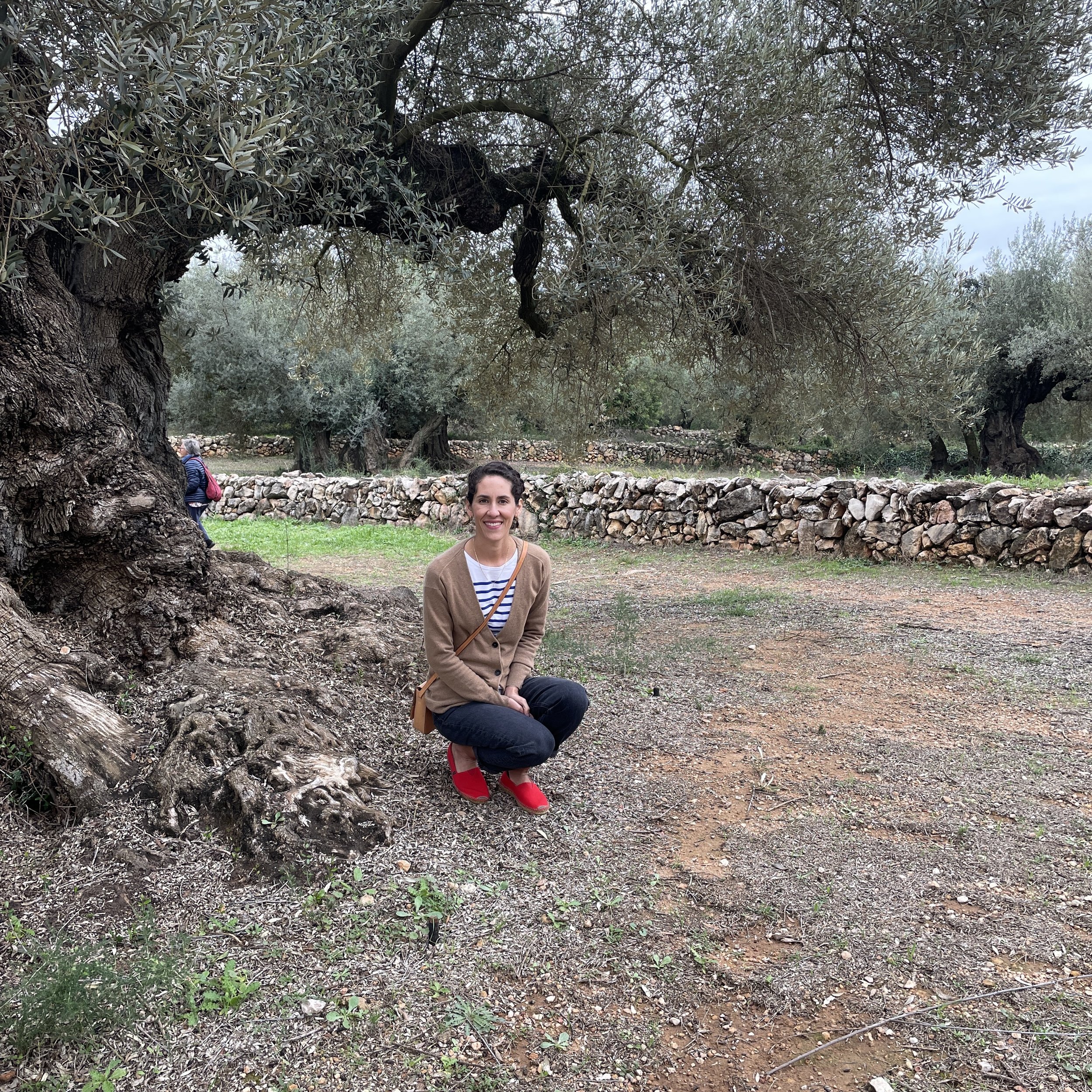
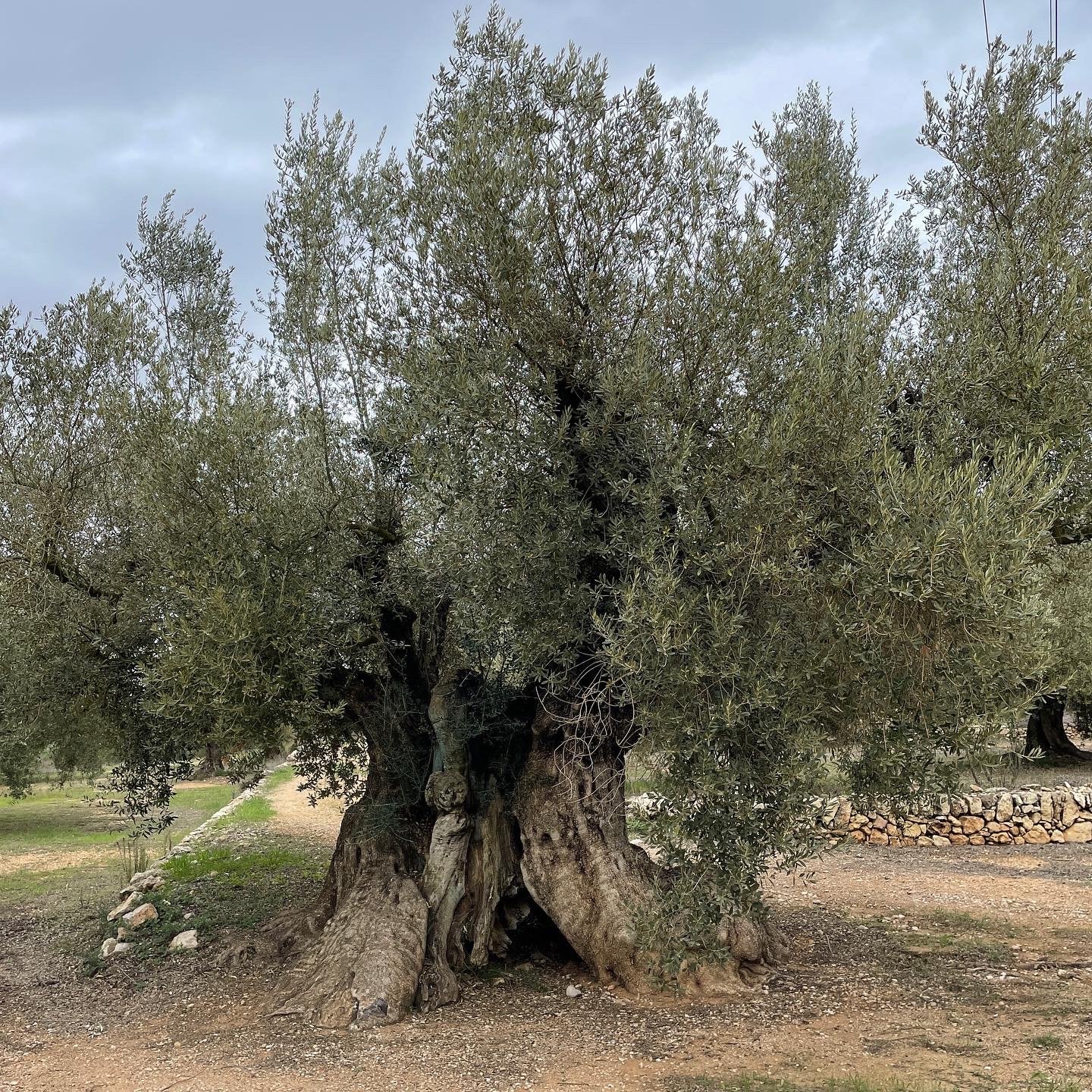
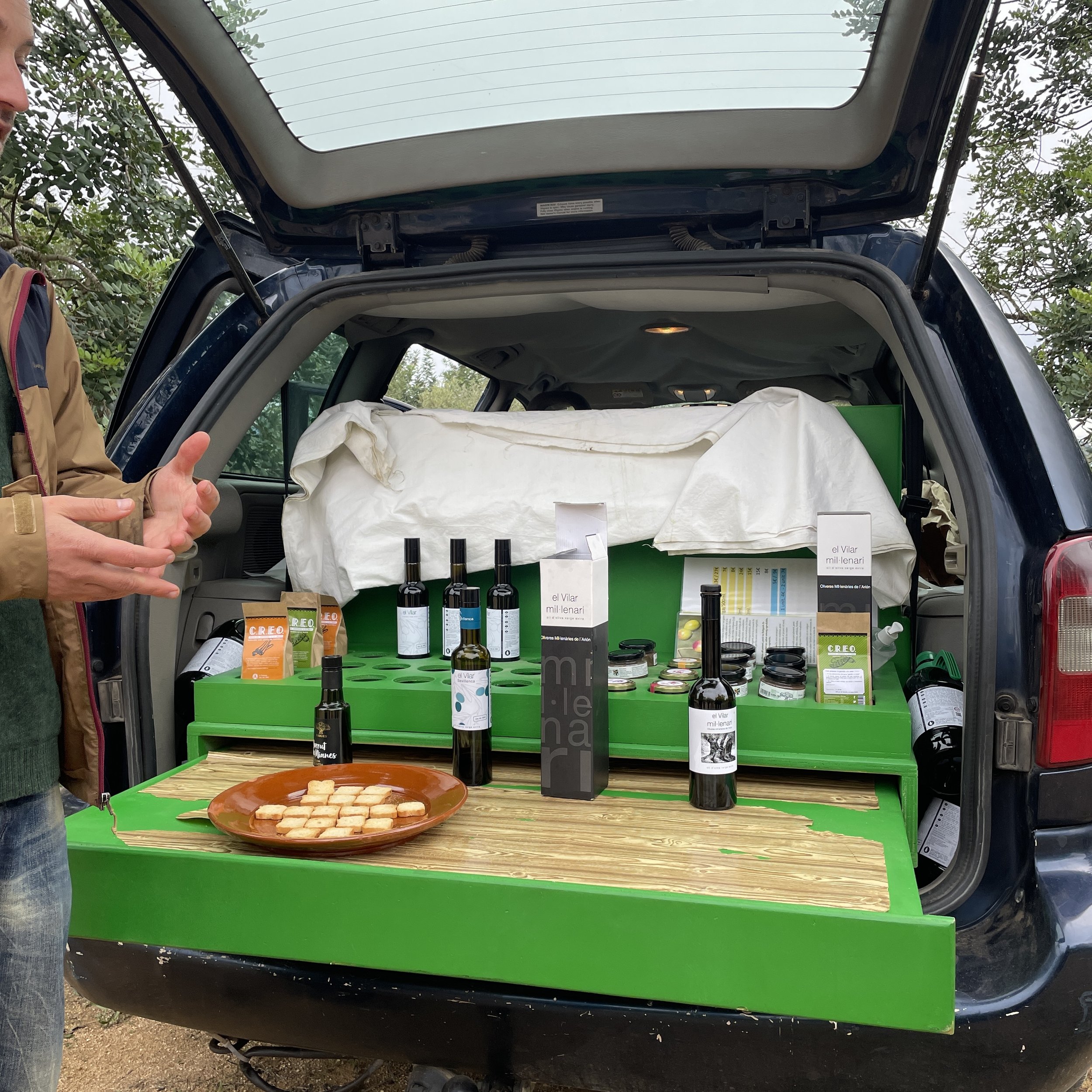
It’s about the food, but it’s about SO much more
Don’t get me wrong, the Mediterranean food categories are healthy and delicious. But, we often forget that the food pyramid actually sits atop regular movement, rest, biodiversity, seasonality and conviviality.
Conviviality: to live with. More specifically, it’s derived from the latin word for convivium which referred to a banquet. The dictionary explains that it tends to suggest a mood of full-bellied joviality.
Full-bellied joviality. That’s the piece I wanted to feel and taste. I saw it over long Sunday family lunches with paella. It’s in the plazas with families eating and the kids playing. It’s in the break from 2-4 PM where you linger at that long lunch and have time to finish everything off with an espresso. We worry so much about what to eat and not eat, but the conviviality is vital too.
“Thus, the Mediterranean diet is a complex web of sociocultural aspects, and must always be considered as an integral part of interdependent Mediterranean food system(s) and never as an independent entity”
It’s patterns, not perfection
I spent a good portion of the year knee deep in the literature around the Mediterranean diet, nutrition, health and mental health. The word that emerged was pattern. And, much to my chagrin, the recommendations are pretty general and consistent.
Veggies and fruits are great. Fill your plate with them
Whole grains, legumes and nuts are good too
Fish and keep your meat lean
Limit the processed, salty and sweet stuff
The things that are shifting patterns in chronic disease and/or mental health are not dairy-free, gluten-free, keto, paleo, AIP, lectin free, etc. Don’t get me wrong, someone may be lactose intolerant or Celiac. But we’re missing the big picture if we fixate on a single food. It’s the broad, consistent pattern over time that makes the difference. Health is not made in a single meal or broken in a single meal.
I worry that we’re missing the point when we talk about dairy being the root of inflammation, for example. Or that carbs are bad.
Quality and pattern.
That being said, only about .4% of the population has an “ideal” diet (Long, Zhang, Chen, & Wu, 2022), but I think we move that number by reaching for the forest, not the trees.
The importance of awe
Right around the time of Thanksgiving, my mom and I went to Alicante for a few days. We visited an old fortress that had these amazing views of the Mediterranean sea. It was vast and big. There were school groups on tours and the place was humming. As I peered out onto the blue of the water, I could feel the emotion swell to tears. For me, travel gives me a break from my day to day neurosis. The new environment is so exciting and intriguing, that I’m able to get out of my own way. It also reminds me that I’m small. A speck in a big wide world and this feeling of awe keeps me curious and foments feelings of wonder and gratitude that help keep me inspired.
Hoping that the lessons above offer some food for thought for you.
Wishing you full bellied joy in 2023 and beyond,
Dr. Antonella
References:
Dernini, S., Berry, E., Serra-Majem, L., Vecchia, C. L., Capone, R., Medina, F., … Trichopoulou, A. (2017). Med Diet 4.0: the Mediterranean diet with four sustainable benefits. Public Health Nutrition, 20(7), 1322–1330. https://doi.org/10.1017/s1368980016003177
Long, T., Zhang, K., Chen, Y., & Wu, C. (2022). Trends in Diet Quality Among Older US Adults From 2001 to 2018. JAMA Network Open, 5(3), e221880. https://doi.org/10.1001/jamanetworkopen.2022.1880
